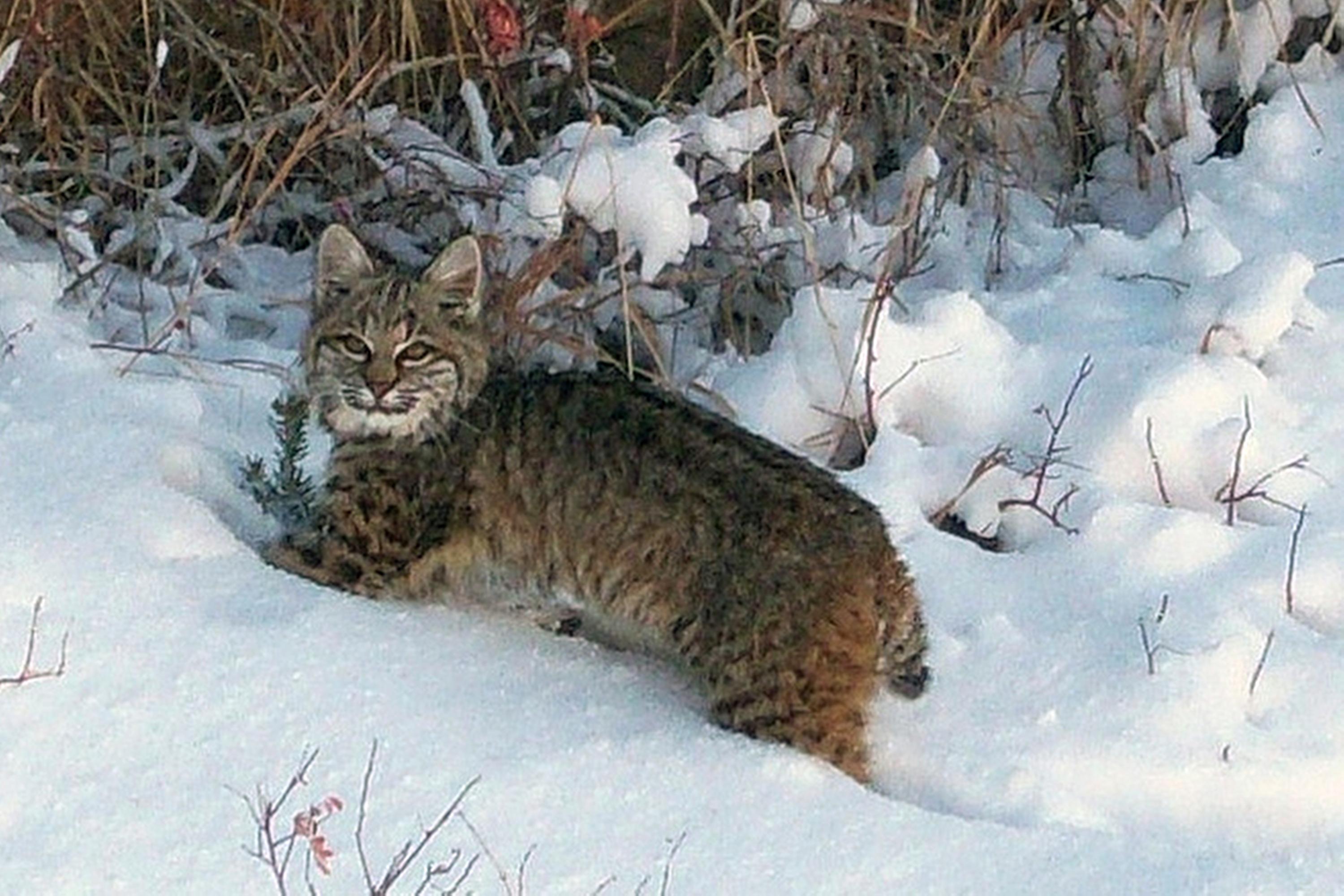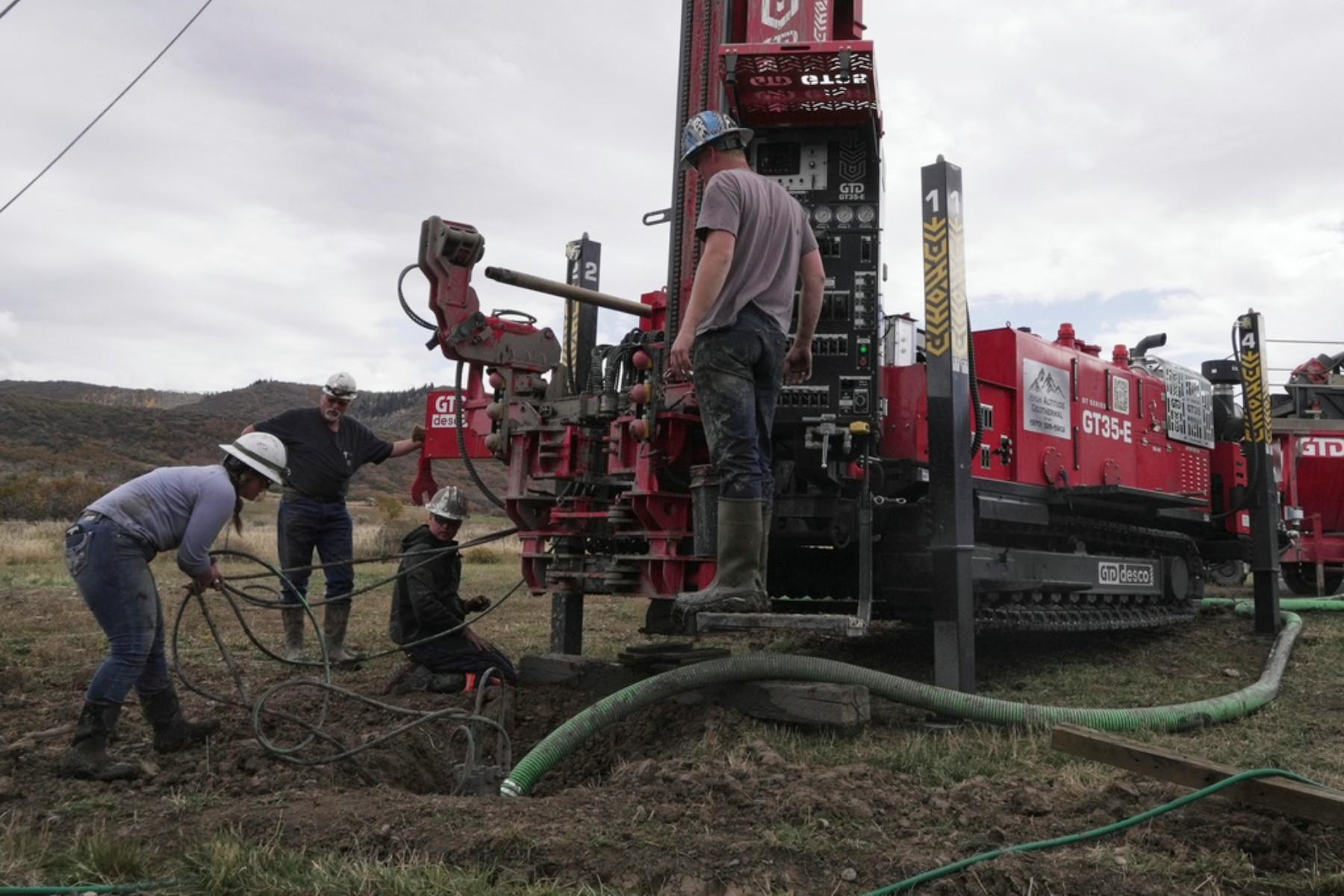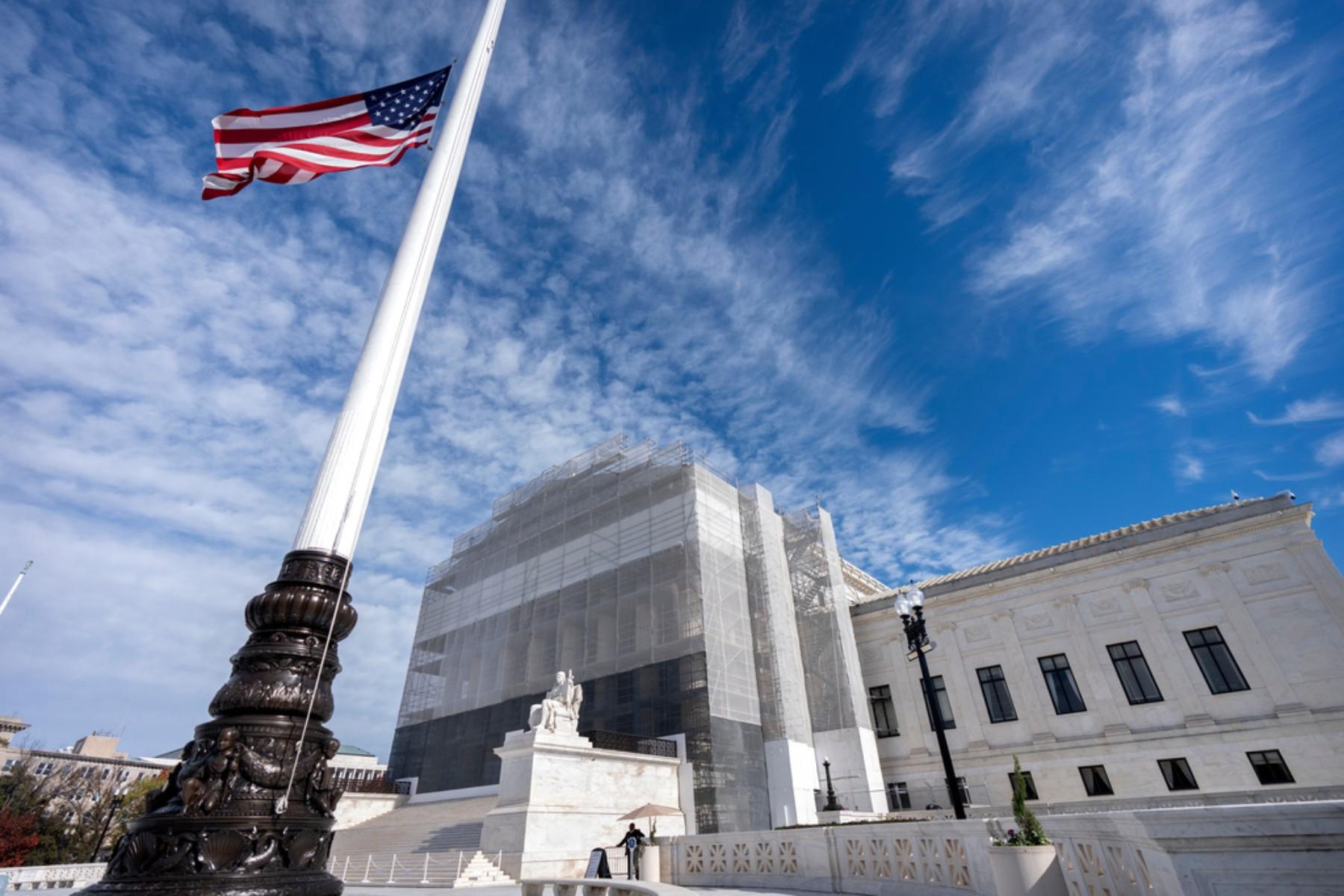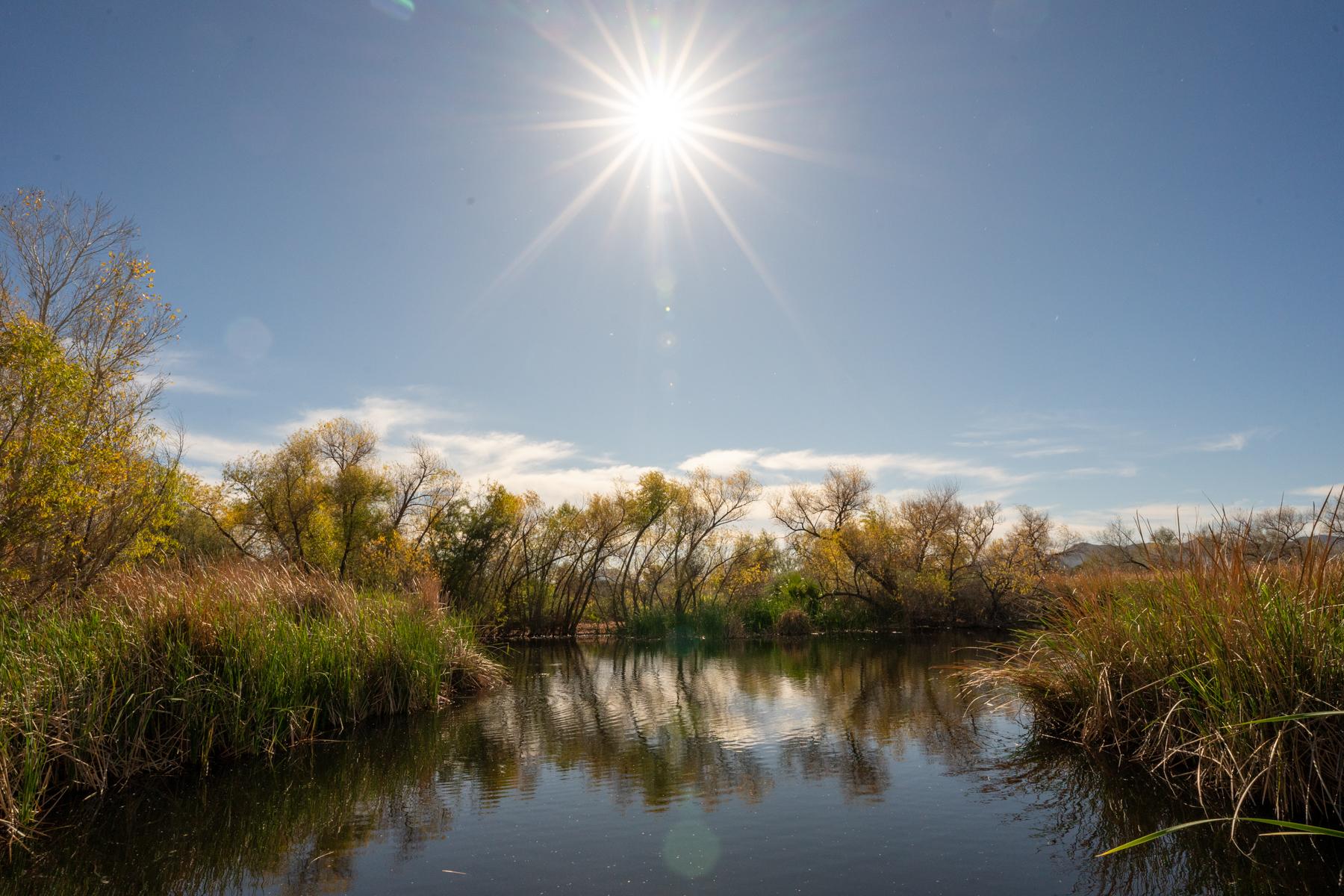
Colorado voters will decide this fall whether to ban the hunting of bobcats and mountain lions.
The Secretary of State’s office confirmed Wednesday that backers turned in enough valid signatures to qualify for the ballot.
Hunters took 502 mountain lions in the 2022-2023 season, according to a harvest report compiled by Colorado Parks and Wildlife. In recent years, an average of 880 bobcats have been killed annually through hunting and fur trapping.
The initiative would end the hunting seasons for both species, and bar the state from ever allowing lynx hunting (lynx, which were reintroduced in Colorado in 1999, are still considered endangered by the state). Big cats could still be killed by state or federal employees as a part of population management efforts or, with state permission, by ranchers to prevent livestock depredation. People who accidentally hit an animal with their car would not be penalized.
State analysts project the initiative could cost Colorado around $377,000 annually in lost mountain lion hunting license sales.
Colorado Parks and Wildlife, which oversees hunting in the state, has taken no position on the initiative.
A legislative effort to ban big cat hunting died 4-1 in its first legislative committee in 2022, causing advocates to push the issue to voters.
Colorado has a history of making wildlife policy at the ballot box. This proposal comes four years after Colorado voters approved wolf reintroduction by a razor-thin margin. In previous decades, they also prohibited the use of leghold traps, poisons and snares and ended spring bear hunting.
This initiative joins an already crowded fall ballot, Voters will see seven measures placed there by the legislature and possibly up to a dozen or more from independent groups.








